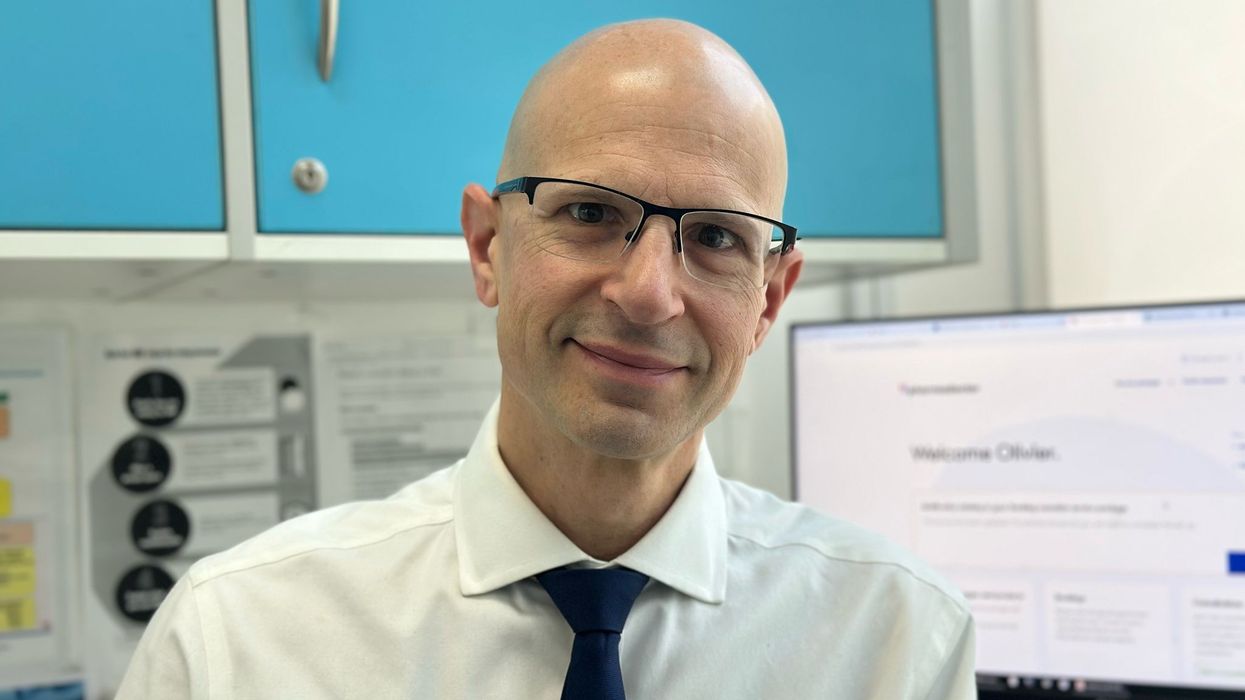By Kenny Lomas
Pharmacy staff have reported a rise in anti-social behaviour during the coronavirus outbreak, according the body that represents pharmacists in St Helens.
Pharmacies across the UK are working on the NHS frontline to maintain regular services, while also meeting vastly increased demand because of the pandemic.
Community pharmacies remain open to treat minor illnesses, helping people to manage long-term medical conditions, safely supplying medicines and providing urgent care.
With so many other health services closed or operating by phone, the community pharmacy is the visible face of the NHS for the majority of the population that does not currently have coronavirus.
However, recently some pharmacists have reported a rise in aggression, rudeness and anti-social behaviour, according the Halton, St Helens and Knowsley Local Pharmaceutical Committee.
Members of the public are now being reminded to ensure they are respectful to pharmacy staff, who are working tirelessly to provide this vital service.
Cllr Marlene Quinn, St Helens Council cabinet member for adult health and social care, said: “Our pharmacies across St Helens are doing an amazing job in very challenging circumstances.
“They are often our first port of call if we become unwell so we need to help them and play our part by taking simple steps such as ringing in advance to check their opening times, seeing if anyone else can pick up prescriptions for us.
“And above all, being respectful to the staff and being aware of the difficult but valuable job they are doing.”
Increased demand, coupled with social distancing, has meant longer queues and times to dispense prescriptions.
This has led to changes to pharmacy services, including different opening times, with some closing in the middle of the day to allow the premises to be thoroughly cleaned and get through the backlog of dispensing workload.
Chris Williams, a pharmacist at Brian Donlan Pharmacy in Haydock, said: “Myself and other community pharmacists are providing an essential service with increased demand.
“We’d ask that people bear with us during the COVID-19 pandemic as our workload has massively increased and though myself and my colleagues are working extra hours, we sometimes have had to reduce the pharmacy opening hours to ensure we have time to dispense people’s prescriptions, especially as some of our own staff have fallen ill or had to self-isolate.
“We’re all having to adapt to different ways of working and I can understand that it can be frustrating to have to wait for prescriptions or advice.
“Please call ahead and check opening times so you can avoid a wasted journey, don’t come and see us if you have coronavirus symptoms and adhere to social distancing guidelines.
“We know the majority of people appreciate our help at this time so thank you in advance for supporting us.”
(Local Democracy Reporting Service)











